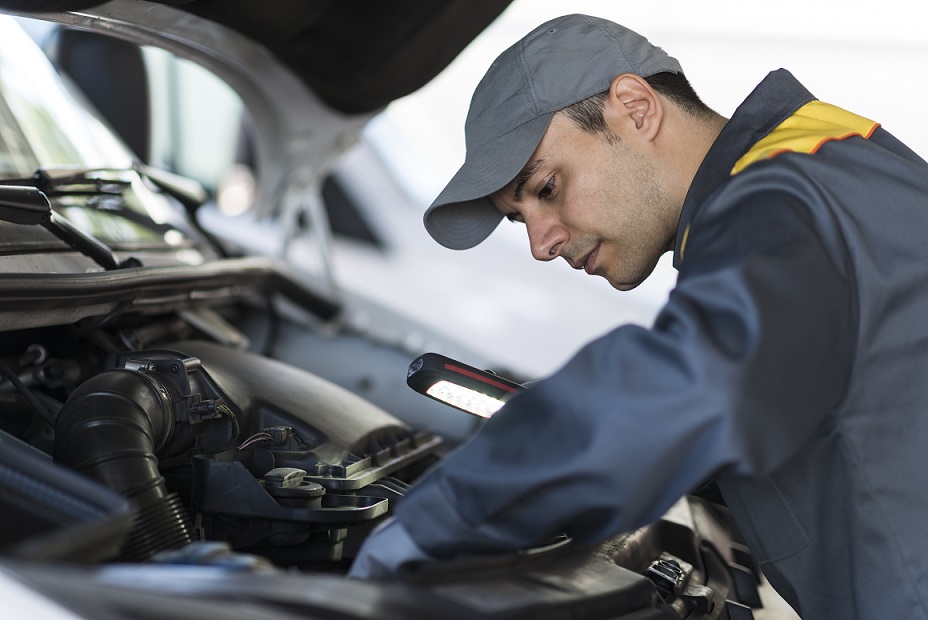
Applying for a commercial van MOT
In the UK, there are around 4 million commercial vans on the roads, accounting for approximately 10% of the country’s road traffic. The increasing popularity of online shopping has led to a surge in van usage, particularly for home deliveries. As a van owner, it is essential to be aware of the importance of scheduling an annual van MOT test. This test ensures that your van meets the necessary safety and environmental standards, promoting road safety and compliance. Following these guidelines can help you maintain the reliability and roadworthiness of your van while navigating the demands of the growing delivery industry.
Checks done annually
Similar to cars, vans are also required to undergo an annual MOT test once they reach three years from their registration date. These MOT tests must be conducted annually, and it is crucial to ensure that the van is correctly categorized according to DVLA guidelines. The DVLA specifies that a light goods vehicle or van should have an unladen weight limit of 3,000 kilograms. If the vehicle exceeds this weight limit, it will be classified as a goods vehicle and will have different guidelines to adhere to. Fortunately, most vans sold in the UK are within 3 tons (3,000 kilograms) limit.
Getting an MOT
Typically, it is the responsibility of the van owner to schedule and pay for the van’s annual MOT test, including any additional costs for necessary repairs or maintenance. As many van drivers are self-employed and use their vehicles for commercial purposes, it becomes their onus to arrange the MOT for their van. To minimize downtime and avoid income loss, it is advisable to plan the booking strategically. Since weekdays are generally work days, scheduling the van’s MOT test on weekends can be a practical approach. However, it is important to note that weekends are popular choices among drivers, so it is wise to make the booking well in advance to secure a spot. By planning ahead and booking early, van owners can ensure that their vehicles undergo the necessary MOT test without significant disruption to their work schedule and income flow.
MOT test
The majority of the items on the van’s MOT checklist are similar to those of a car. The objective is to verify the van’s roadworthiness and safety. The garage conducting the test refers to a checklist provided by the DVLA to ensure compliance with all guidelines. These rules are strict and leave no room for ambiguity. The MOT examination is comprehensive, covering various aspects such as windscreen condition, brakes, and more. Its purpose is to thoroughly assess the van’s overall condition and ensure that it meets the necessary standards for safe operation on the road.
Pass or Fail
It is not surprising that approximately half of the vans do not clear their MOT on the first attempt, mainly due to their higher mileage compared to cars. For the vans that do pass, their owners can pay the required fees and retrieve their vehicles. The passing result will be automatically recorded in the DVLA database, providing peace of mind until the next MOT is due in 12 months.
To increase the likelihood of passing the MOT on the first attempt, it is advisable to have the van undergo a pre-MOT service test to look for any defects. This proactive approach ensures that all necessary requirements are fulfilled and minimizes the chances of failing the test. By addressing any issues beforehand, van owners can save time and potential costs associated with a failed MOT, as well as maintain their van’s roadworthiness and safety.



